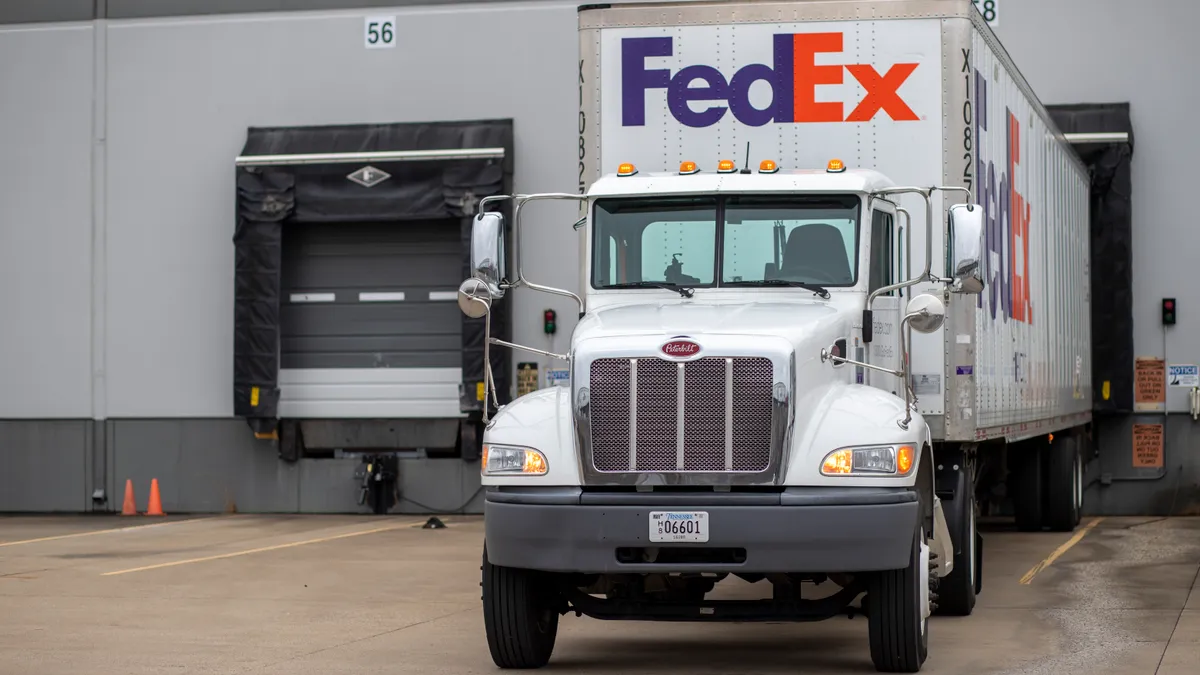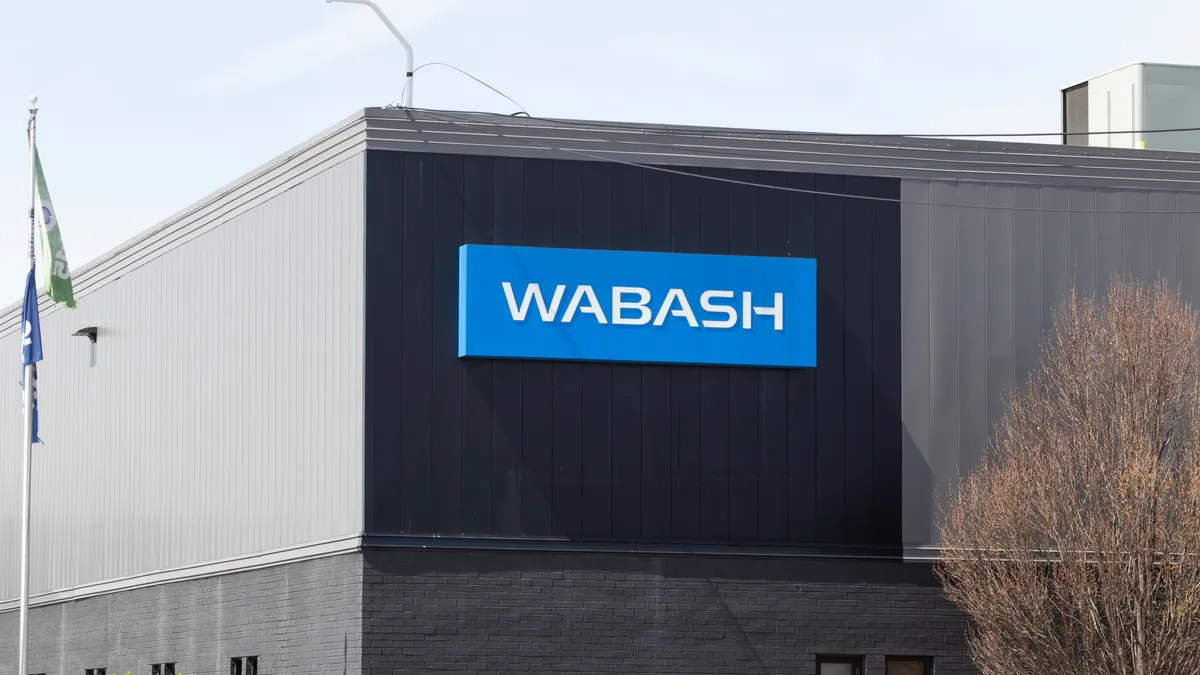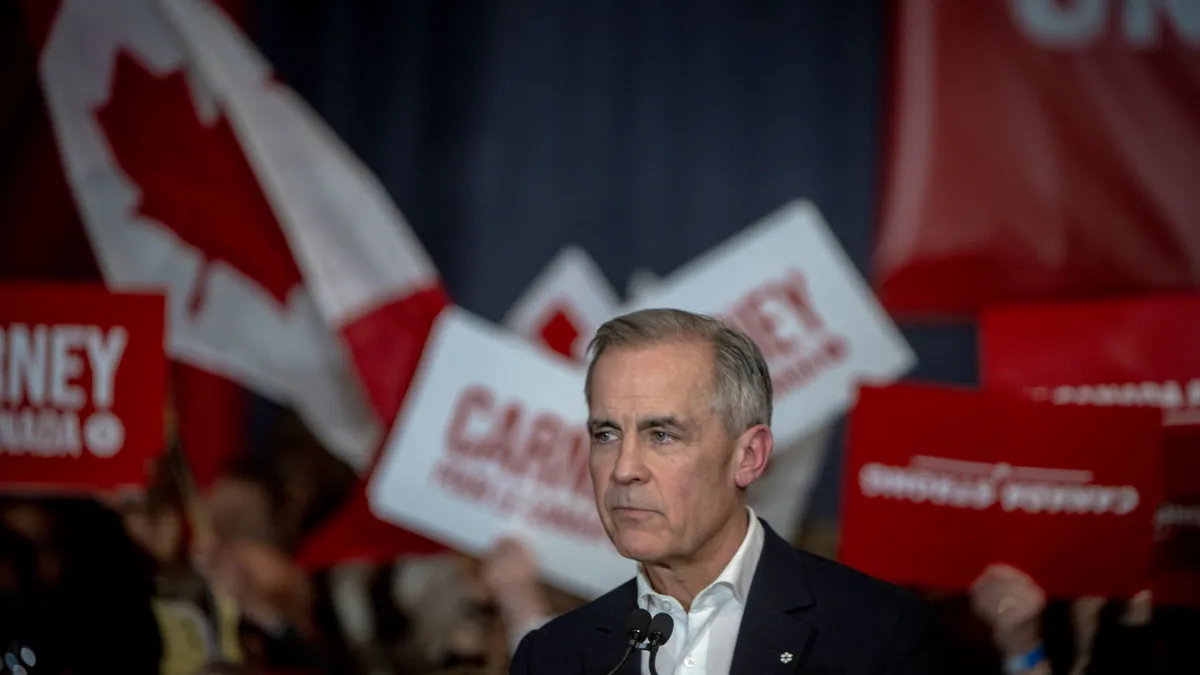In Texas seven years ago, the driver of a pickup truck lost control due to icy road conditions. The vehicle sped across the median and spun out in front of an oncoming tractor-trailer.
A 7-year-old family member in the pickup died. Responding officers said the CDL driver was traveling well below the speed limit, made a controlled stop and wasn't cited for any wrongdoing. However, the jury delivered a nearly $90 million verdict against the carrier that owned the tractor-trailer.
Why, when the truck driver wasn't at fault, did the motor carrier have to pay such an enormous amount?
Judgments in excess of $10 million bear the moniker "nuclear verdicts." According to Hub International, an insurance brokerage, 300 nuclear verdicts have been issued against trucking fleets in the last five years, compared to 26 between 2006 and 2011.
The American Transportation Research Institute studied 451 court cases over 14 years. It found the mean dollar value for awards over was about $3.1 million, with a median value of $1.75 million. The highest award was $91 million.
Often, the reasons for large awards vary. But ATRI noted in a report that accidental deaths, and the number of deaths per accident, increase jury awards. And the situation is getting worse, Steve Bryan, co-founder of trucking software and data company Bluewire, said during a recent webcast by Trucksafe Consulting.
When the Bluewire co-founders set out to understand why these large, seemingly unjust verdicts kept getting handed to trucking companies, they discovered the reputation of trucking is under attack, according to Bryan. It wasn't about whether they were guilty of any wrongdoing.
So, Bluewire set out to provide tools to help transport firms avoid nuclear verdicts.
"First we'll map all the attack vectors — like hours of service, drivers' background checks, CSA scores and more — then identify how to close those gaps and provide the motor carrier with the products and services they need to make them less vulnerable," Bryan said.
All this will be done through artificial intelligence, which continues to learn and get better, he said.
Texas takes on reptiles
The passage of House Bill 19 has put Texas on a path toward curbing abusive lawsuits against trucking firms. Once it goes into effect on Sept. 1, only evidence related to a crash can be explored during the first phase of a trial, John Esparza, Texas Trucking Association president and CEO, said during the webcast.
If the carrier isn't found negligent, the trial is over, he added. If the carrier is found grossly negligent in the first phase, then all evidence is admissible in the second phase.
The "reptile theory" is the plaintiff bar's legal approach, designed to incite feelings of danger in juries, Esparza said.
"This reptile theory is both prevalent and successful," said Esparza in a followup interview. "'Let's not worry about what happened during the actual accident — that doesn't matter,' they say."
"You probably can't insure up to the amount of a big nuclear verdict, but you should be comfortable with what you have."

Brandon Wiseman
President of Trucksafe Consulting
Not only are certain attorneys running this scam, he said, but they're also teaching others how to do the same.
"This [HB 19] puts fairness back into the process," Esparza said.
This same type of legislation could begin appearing in other states. When one state enacts laws to get rid of these bad actors, then they reappear in another state, Esparza said. It's like spraying your yard for fire ants, and the ants just move on to your neighbor's yard. He said he's talking with every state that will listen.
But the passage of legislation in other states isn't guaranteed. There are measures fleets can take on their own accord to protect themselves.
Technology adds protection
Esparza emphasized how important the use of cameras can be. They tell the authentic story. If a fleet finds its driver is at fault, it may want to settle. If it chooses not to, it will become subject to lawsuit abuse and inflation beyond reasonable punitive and compensatory damages, he said.
Fleets should work with an insurance carrier or broker to ensure it has the proper coverage in place, Trucksafe Consulting President Brandon Wiseman told Transport Dive.
"You probably can't insure up to the amount of a big nuclear verdict, but you should be comfortable with what you have," he said.
He also recommended not only using telematics to gather data on HOS, speeding, hard braking and sharp turns, but that fleets should also act on that data. If a driver speeds or hard brakes more than necessary, or doesn't comply with HOS, he may require coaching.
Fleets should document if coaching did or didn't occur. And if drivers are doing something wrong, they may need coaching, said Wiseman.
For a complete picture of risks and liabilities, a fleet can hire someone to do a mock audit. By using an attorney for this audit, fleets are protected by attorney-client privilege, and none of the negatives can show up in court, he said.




















